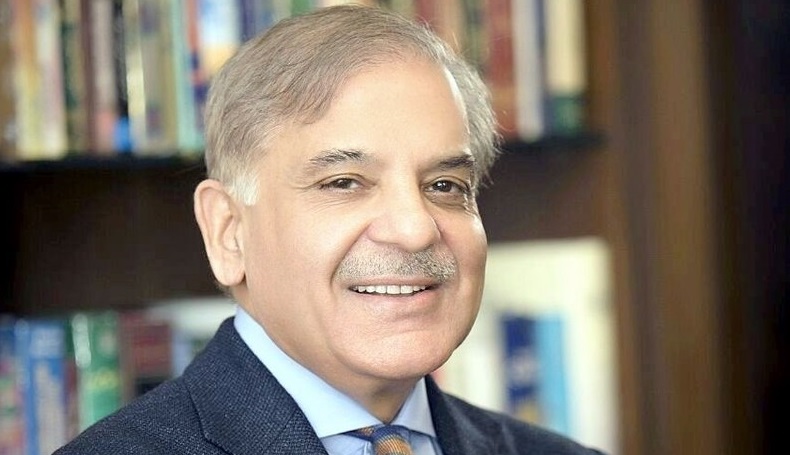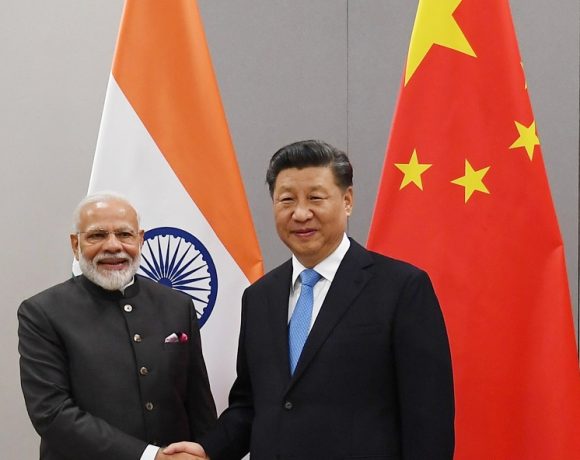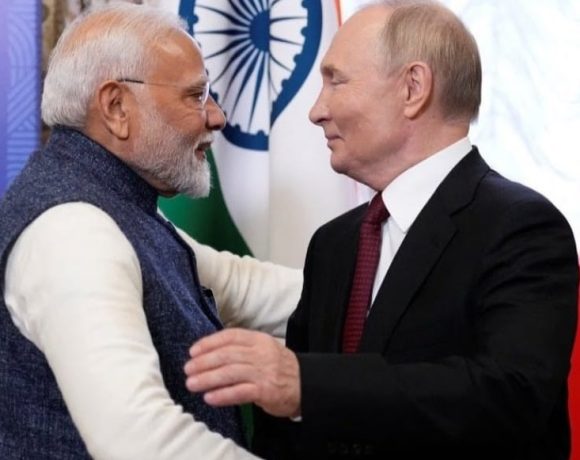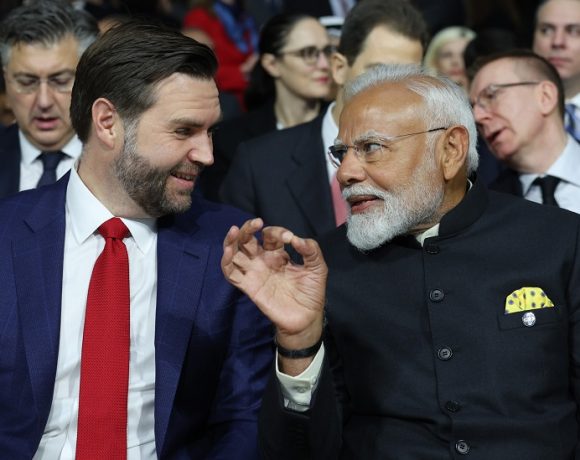
Pakistan’s UNSC Role Raises Questions on Credibility
Pakistan has secured influential positions within the United Nations Security Council, triggering a wave of commentary both at home and abroad. The country has been appointed as Chair of the 1988 Sanctions Committee, which deals with sanctions related to the Taliban; as Vice Chair of the 1373 Counter-Terrorism Committee; and as Co-Chair of Informal Working Groups on documentation and sanctions.
Reacting to the appointments, Prime Minister Shehbaz Sharif called it a moment of national pride:
“It is a matter of great pride that Pakistan has been appointed as Chair of the UNSC Sanctions Committee under Res.1988(2011); Vice Chair of the 1373 (2001) Counter-Terrorism Committee; as well as Co-Chair of Informal Working Group (IWG) on documentation and sanctions.”
He asserted that the international community’s decision reflects growing trust in Pakistan’s ability to tackle terrorism, and acknowledged it as a recognition of the country’s sacrifices and continued commitment in the global counterterrorism fight.
Counterterrorism Credentials
Pakistan has long portrayed itself as a frontline state in the war on terror, citing the loss of over 90,000 lives and economic damage exceeding $150 billion as evidence of its sacrifices. The government has initiated several institutional reforms and counterterrorism operations, such as the creation of national threat monitoring centers and kinetic operations against extremist groups.
However, despite these public declarations, Pakistan’s international reputation remains mixed. Critics argue that the country’s ties with militant proxies, particularly those operating in neighboring Afghanistan and India, undermine its standing as a genuine stakeholder in global counterterrorism efforts.
This tension between Pakistan’s self-image and global skepticism has led to widespread scrutiny over its new roles in UNSC committees designed to curb terrorism financing and oversee sanctions regimes.
Shehbaz Sharif’s Statement
Prime Minister Shehbaz Sharif doubled down on Pakistan’s counterterrorism narrative, linking the UNSC appointments to the country’s internal reforms and foreign policy posture. He claimed these new responsibilities affirm Pakistan’s credibility in multilateral settings and signal a shift in how the world perceives its counterterrorism engagement.
While the government seeks to leverage these appointments for diplomatic leverage, the reaction from analysts and global civil society has been far less celebratory. Many see the move as a paradox, where a country accused of harboring or turning a blind eye to terror groups is now helping shape global counterterrorism policy.


















